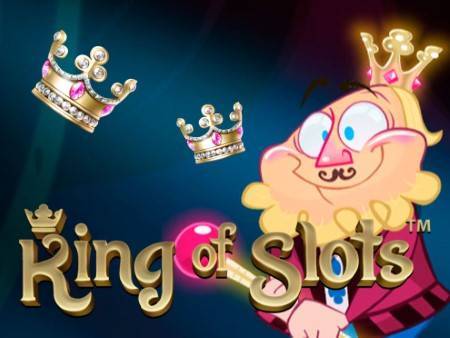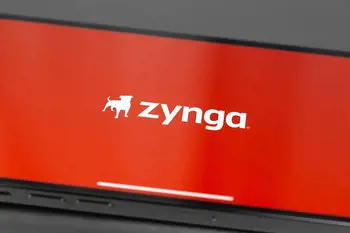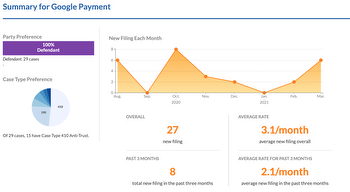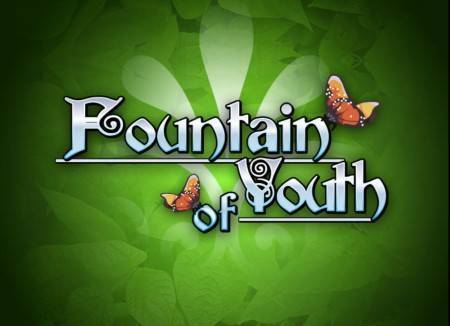Zynga Hit With Lawsuit Over “Illegal” Social Slots Games

On Friday in the Northern District of California, a consumer filed a class-action complaint against video game developer Zynga Inc. over its social slots video games that purportedly violate various California laws.
According to the complaint, Zynga leadership “decided that the company should move in the direction of online gambling.” Accordingly, “(a)fter Zynga recognized the profitability of modeling its online games after the gambling industry, Zynga began developing and offering ‘social slots’ games.” The complaint defines “social slots” games as “virtual slot machines that allow users to make bets using virtual ‘coins.’” Reportedly, some of Zynga’s current social slots games are: “Hit it Rich!”; “Black Diamond Casino”; “Wizard of Oz Slots”; “Willy Wonka Slots”; “Game of Thrones Slots Casino.”
The plaintiff claimed that Zynga “intentionally modeled its ‘social slots’ games precisely after Vegas-style slot machines. Users make ‘bets’ on ‘spins’ using in-game currency. Users are given an initial allotment of free in-game currency. But when users exhaust their supplies of free in-game currency, they must purchase more to keep playing – and must do so with real money.”
As a result, the plaintiff contended that Zynga’s “social slots” games “are unlawful slot machines under California law,” that purportedly use the “same psychological tricks that casinos and physical slot machines use to cause users to become addicted. This keeps users playing – and spending.” Allegedly, Zynga markets these social slots games as “legal video games” without disclosing that they are “in fact illegal slot machines.”
The plaintiff added that Zynga collects “‘(c)ommercial information, such as products or services purchased, obtained, or considered, or other purchasing or consuming histories or tendencies,” as well as “other personal information not only from the users’ in-game activity, but also from social network services like Facebook”; Zynga allegedly incentivizes users with free coins if they link their respective Facebook accounts. The plaintiff proffered that Zynga uses this information to identify and target people “with addictive tendencies” to “get them hooked on Zynga’s games, and target them with direct marketing to induce them to make in-game purchases.”
Furthermore, the online platform allegedly makes it easy for users to continue spending money. Specifically, the plaintiff averred that Zynga “intentionally and unfairly uses microtransactions and virtual coins to mask the fact that the user is paying money to play” because “users exchange relatively small amounts of money for large amounts of coins, which users then use to bet on virtual slot machines.” The plaintiff stated that he has lost more than $8,000 playing the defendant’s “social slots” games.
The putative class includes: “All individuals who (1) purchased virtual ‘coins’ and (2) used those ‘coins’ to operate a slot machine in a Zynga Social Slots Game (3) in the United States.”
The plaintiff averred that Zynga has “unlawfully, unfairly, and fraudulently made hundreds of millions of dollars from its ‘social slots’ games.” The plaintiff asserted that Zynga’s conduct violates California Penal Code Section 330b and California’s Unfair Competition Law.
The plaintiff seeks class certification, declaratory judgment in its favor, an award for damages, restitution, disgorgement, pre- and post-judgment interest, an injunction, an award for costs and fees, and additional relief.
The plaintiff is represented by Dovel & Luner.




































